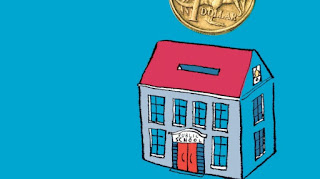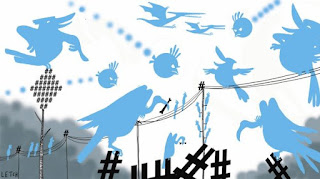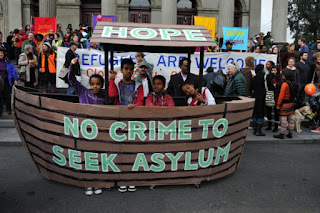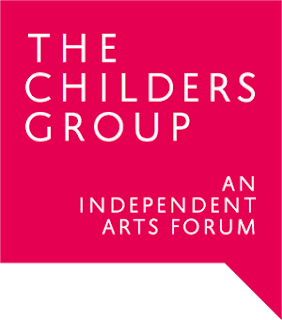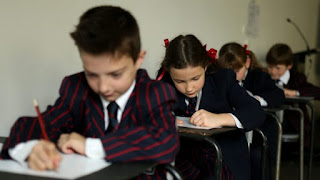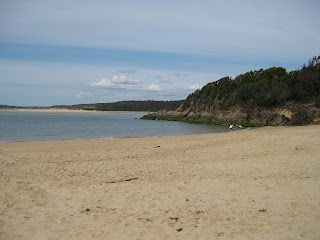Give the gift of quality time this Christmas
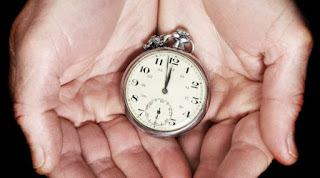
Here's a radical idea this Christmas. Don't buy just more stuff for your loved ones. Give them your time. Time is the ultimate non-renewable resource. The irony of giving your time to others, mindfully, involves being less time-obsessed. Each of doesn't really have more or less time. We have the same amount. You may have heard the one about the bloke who was asked, "If you had only 48 hours left to live, how would you spend them?" One hour at a time, he replied. We live in an intriguing period of human history, in which we are more connected around the clock. I can be in touch with my teenage children by phone all day. Texts offer discrete bits of information. But e-communication is limited for understanding and learning from each other. Instead, it can fracture communication and make us more impatient, more disengaged. In her 2014 snapshot of Australian children, social capital and communities, Australian National University Professor Sharon Bessell found t






